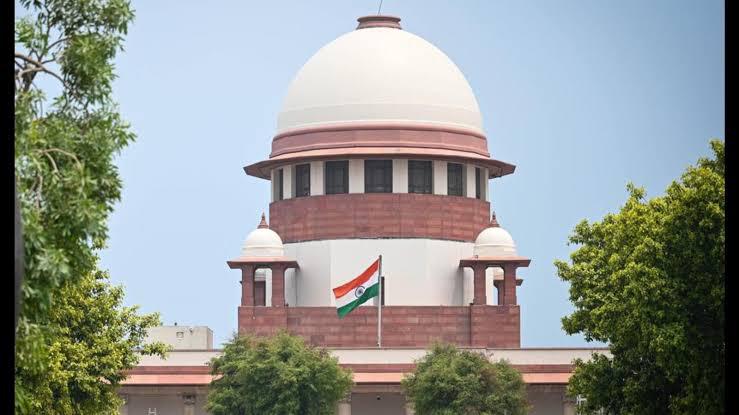India’s legal system is grappling with the complexities of electronic evidence, as courts face mounting pressure to clarify admissibility standards. From video recordings to digital documents, the lack of consistent judicial guidance has led to confusion and delays. Experts urge the Supreme Court to establish clear precedents to modernize justice delivery.
Digital Truth on Trial: Why India’s Judiciary Must Clarify Electronic Evidence Standards
As India’s legal landscape becomes increasingly digitized, the admissibility and reliability of electronic evidence have emerged as critical challenges. In a recent opinion piece by Sidharth Luthra and Bharti Yadav published in Hindustan Times, legal experts argue that the judiciary must urgently provide clear and authoritative guidance on how digital records should be treated in court.
Key Highlights from the Debate on Electronic Evidence:
Judicial Ambiguity Persists
Despite the Information Technology Act being enacted over two decades ago, courts still lack uniform standards for evaluating electronic evidence.
This has led to inconsistent rulings, especially in cases involving video recordings, emails, and digital contracts.
Supreme Court’s Landmark Ruling
In Kailash vs. State of Maharashtra (2025 INSC 1117), the Supreme Court set new benchmarks for video evidence admissibility, emphasizing the need for authenticity, chain of custody, and technical validation.
The judgment reinforced the exceptional nature of retrials based on flawed digital submissions.
Impact Across Legal Domains
Electronic evidence plays a pivotal role in criminal trials, election disputes, and commercial litigation.
Without clarity, parties face delays, and courts struggle to balance privacy, liberty, and procedural fairness.
Call for Reform and Training
Experts advocate for judicial training, standardized protocols, and digital forensic support to ensure proper handling of electronic records.
The need for updated rules under the Indian Evidence Act is also emphasized to reflect technological realities.
Efficiency and Credibility at Stake
The lack of clarity undermines the credibility of the justice system, especially as digital communication becomes central to daily life.
Clear guidelines would enhance efficiency, reduce litigation delays, and uphold constitutional protections.
India’s courts stand at a pivotal moment. As digital evidence becomes ubiquitous, legal clarity is no longer optional—it’s essential for justice in the digital age.
Sources: Hindustan Times

